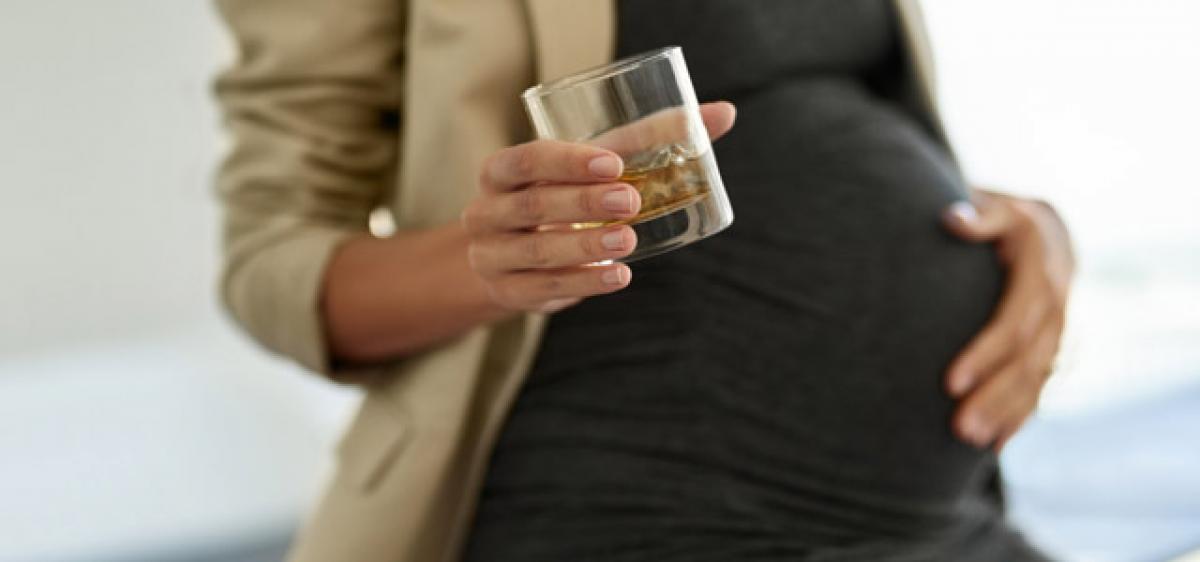Drinking in pregnancy changes babies faces

Women who drink even a little bit of alcohol during pregnancy may be more likely than other mothers to have babies with slight facial abnormalities that have been linked to developmental problems, a recent study suggests.
Women who drink even a little bit of alcohol during pregnancy may be more likely than other mothers to have babies with slight facial abnormalities that have been linked to developmental problems, a recent study suggests.
When researchers examined data from facial images for 415 one-year-old children, they found subtle changes in babies’ faces mostly around the nose, eyes and lips associated with almost all levels of alcohol exposure regardless of whether drinking occurred only in the first trimester or throughout the pregnancy.
“We are surprised to see these differences in facial shape with low doses of alcohol exposure, which in our study was defined as two standard drinks on any one occasion and no more than seven in a week,” said lead study author Evelyne Muggli of the Murdoch Children’s Research Institute and the University of Melbourne in Australia.
The facial changes found in the study are so subtle they aren’t visible to the naked eye, Muggli said. They can only be seen with sophisticated three-dimensional facial shape analysis, and they don’t necessarily mean that unborn babies have been harmed if mothers consumed some alcohol while pregnant, Muggli added.
Compared to children not exposed to any alcohol when their mothers were pregnant, kids with moderate to high exposure in the first trimester had differences in their eyes, mid-face and chin. Changes in the chin were also seen with binge drinking in the first trimester Children exposed to alcohol in the womb may have learning challenges such as deficits in memory or speech as well as behavior problems like hyperactivity.
The study wasn’t a controlled experiment designed to prove how or if different levels of alcohol exposure at different points in pregnancy might impact children’s faces, or cause specific developmental problems.
Even so, the findings add to a growing body of evidence on the fetal development effects of even low levels of alcohol consumption during pregnancy, said Heather Carmichael Olson, of the University of Washington School of Medicine.
“It is a substance that can change fetal development, and can be associated with lifelong changes in learning and behavior,” Carmichael Olson, who wasn’t involved in the study, said by email.
“If any amount of prenatal alcohol exposure can lead to physical changes in fetal development, as the current study suggests, so that it’s not just high doses or long-term drinking that have measurable effects, the safest advice that providers can give is that women who want a healthy pregnancy should avoid this biological risk factor if they are considering pregnancy or are pregnant,” Carmichael Olson added.




















